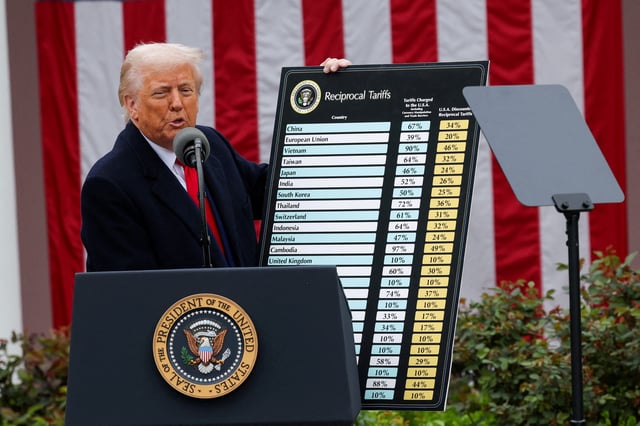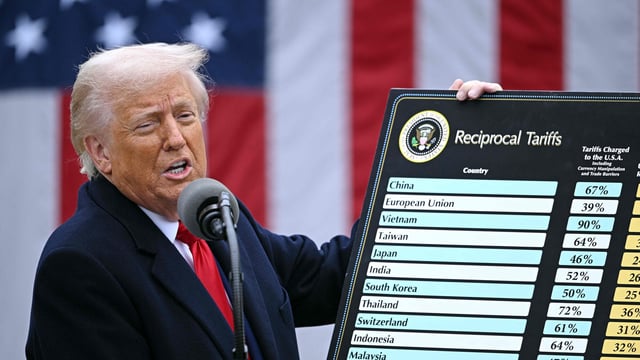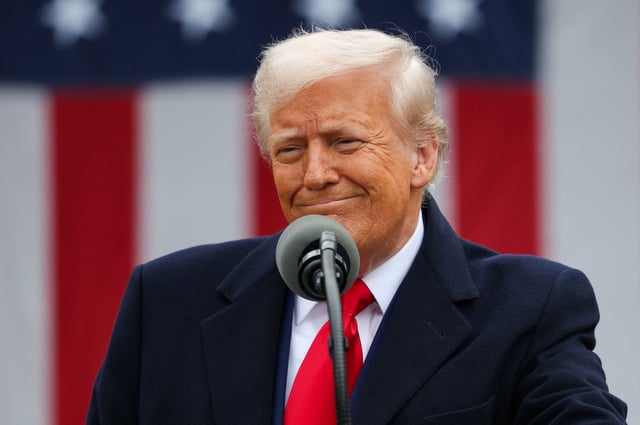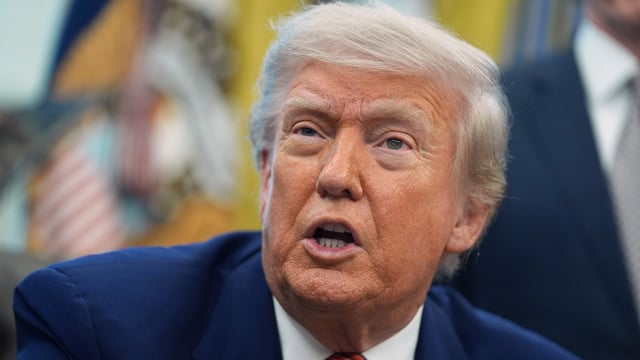Overview
- President Trump’s 'Liberation Day' tariffs took effect on April 2 under the International Emergency Economic Powers Act to target trade deficits and alleged fentanyl trafficking
- The US Court of International Trade ruled on May 28 that the blanket levies exceeded his authority and issued a permanent injunction against the tariffs
- On May 29, the US Court of Appeals for the Federal Circuit stayed the trade court’s block, reinstating the duties and setting a briefing schedule with plaintiffs’ responses due by June 5 and the government’s reply by June 9
- White House press secretary Karoline Leavitt said the administration plans to seek Supreme Court review and may invoke alternative statutes such as Section 232 of the Trade Expansion Act to sustain tariff measures
- Businesses estimate over $34 billion in lost sales and higher costs from the legal uncertainty, and several trading partners have postponed negotiations pending the outcome



